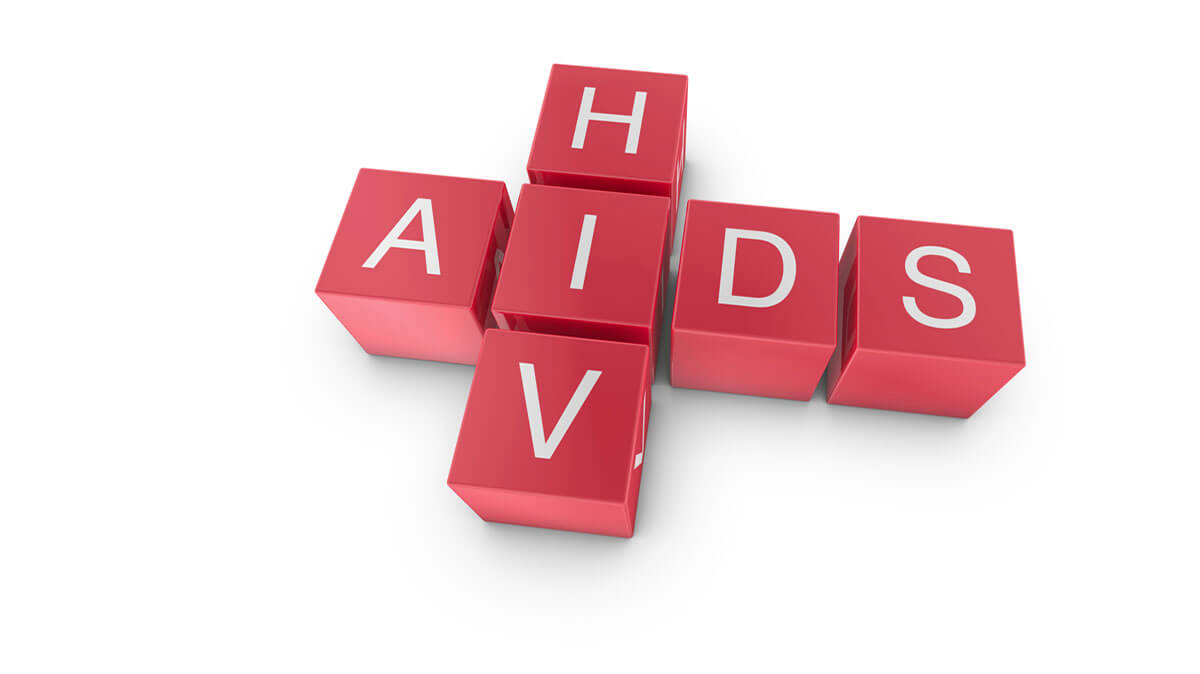Fiji is facing an alarming surge in HIV/AIDS cases, with health experts warning that the country’s fragile health system is unprepared to deal with what is rapidly becoming a national crisis.
Dr Jalal Mohammed, Senior Lecturer at the Faculty of Health at the University of Canterbury and Adjunct Professor at the University of Fiji, says the HIV/AIDS epidemic is now “ravaging Fiji.”
“There is no other way to describe it,” Dr Mohammed said.
“Its impacts are not only being felt on the health of the population and its economic potential but also its social systems and structures.”
He said reported new infections have surged by 3100 percent since 2010, and that more than 3000 new cases are expected to be reported in 2025 alone.
“Unreported cases would significantly increase this number, with global estimates placing this figure up to 45 percent higher,” he added.
Dr Mohammed said Fiji’s health system has long struggled to deliver basic services, and the rise in HIV/AIDS is straining it further.
“Fiji’s already fragile health system is unequipped to deal with this epidemic,” he said.
“Though investments are being made, it is not enough to halt the spread of the virus.”
He pointed to Fiji’s position along the Pacific drug highway — a major route used by cartels transporting drugs to Australia and New Zealand — as a key factor in the crisis.
“Drug trade and use have infiltrated all aspects of Fijian society,” he explained.
“This has fueled the spread of HIV/AIDS through practices such as ‘chemsex’ and ‘bluetoothing’ — where users share blood after a hit to pass on the high. In countries where this practice has occurred, infection rates are among the highest in the world.”
Dr Mohammed, who is currently in Fiji, said the government’s health campaigns are visible across Suva, but deeper social challenges remain.
“You can see health promotion messages on billboards and street poles across the capital,” he said.
“But to halt the spread, Fiji needs targeted health promotion around safe sex, regular testing, and the risks of needle sharing — all supported through community and faith structures.”
He said stigma remains one of the biggest barriers to progress in a highly religious and conservative society.
“Combatting stigma will be central to reducing the spread,” he said.
“Needle exchange centres are needed, but pharmacies have clamped down on syringe sales under police pressure, which has made things worse. ‘Bluetoothing’ has grown in popularity because it allows multiple people to share one hit.”
Dr Mohammed also highlighted the easy availability of hard drugs, recently exposed by international influencers visiting Fiji, as a growing concern.
“Central to reducing the spread of HIV/AIDS is reducing access and use of these drugs,” he said.
“This will be a challenge in a country with limited resources to establish drug and addiction services and wrap-around support.”
He called for a multisectoral approach and urged New Zealand and other Pacific nations to support Fiji in its fight against HIV/AIDS.
“Fiji is an important player in the Pacific, and there’s a saying that what happens in Fiji is felt around the region,” he said.
“As a major tourist destination visited by New Zealanders, we have a vested interest. We need to support Fiji and the Pacific in combatting the spread of HIV/AIDS.”



